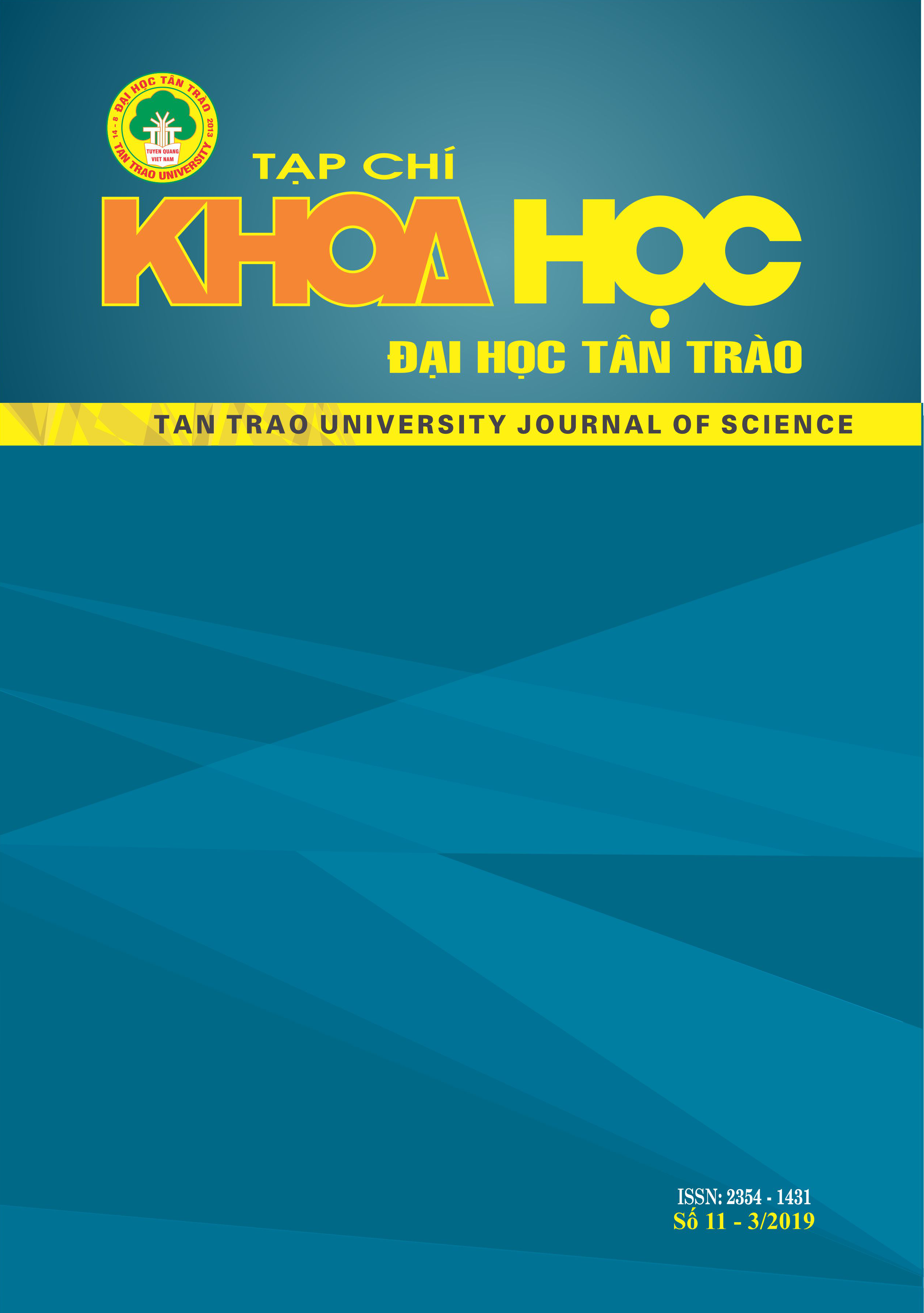The theoretial issues in training professional social work in the Russian Federation
DOI:
https://doi.org/10.51453/2354-1431/2019/239Keywords:
History; history formed; social work; vocational training; professional social work.Abstract
This article provides an overview of social work training in the Russian Federation today. In particular, the main features of the formation and stages of social work development closely related to the historical milestones of the country and people of Russia. The difficulties, challenges and solutions have been applied to solve the big problems of the Russian Federation is also mentioned quite clearly. Specifical, before the opportunities to international integration as fast and wide as today, the orientation of this specialized training also mentioned in this article.
Downloads
References
1. Badya L., Demina L.I., Egoshina V.N, Kinh nghiệm lịch sử của công tác xã hội ở Nga: Sách giáo trình đại học, Nxb: Moscow 1994 (315);
2. Grevtsev G.S. Đào tạo nghề trong quá trình chuyển đổi của Nga, Tạp chí giáo dục nghề nghiệp Nxb: Moscow 1999, Số 8 (20, 21).
3. Semenov K.S. Công tác xã hội Nga hiện đại: Vấn đề và triển vọng phát triển. Mã số sách УДК 316.022. Nxb Moscow 2017 (1535 -1536);
4. Kholostova, E. I. Công tác xã hội: Sách giáo khoa dành cho cử nhân, Nxb "Dashkov», 2015 (585-586);
5. Khung chương trình đào tạo cử nhân công tác xã hội (Mã ngành – 39.03.3), Bộ giáo dục và khóa học Liên bang Nga, ban hành 2016 và áp dụng từ năm 2016 -2017.
Downloads
Published
How to Cite
Issue
Section
License

This work is licensed under a Creative Commons Attribution-ShareAlike 4.0 International License.
All articles published in SJTTU are licensed under a Creative Commons Attribution-ShareAlike 4.0 International (CC BY-SA) license. This means anyone is free to copy, transform, or redistribute articles for any lawful purpose in any medium, provided they give appropriate attribution to the original author(s) and SJTTU, link to the license, indicate if changes were made, and redistribute any derivative work under the same license.
Copyright on articles is retained by the respective author(s), without restrictions. A non-exclusive license is granted to SJTTU to publish the article and identify itself as its original publisher, along with the commercial right to include the article in a hardcopy issue for sale to libraries and individuals.
Although the conditions of the CC BY-SA license don't apply to authors (as the copyright holder of your article, you have no restrictions on your rights), by submitting to SJTTU, authors recognize the rights of readers, and must grant any third party the right to use their article to the extent provided by the license.


